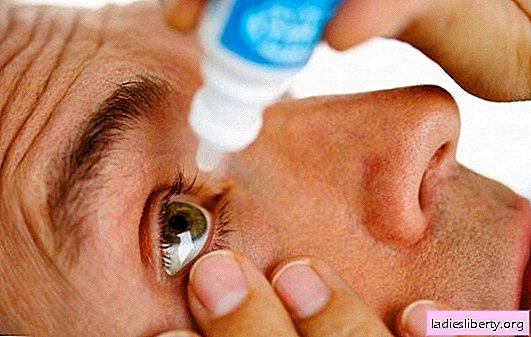
With each of us there are health troubles. And when our loved ones start to hurt - a husband, a wife or children, we cannot find a place for ourselves. It is clear that in this case we immediately run to the pharmacy, and spend a decent amount on medicines. It is understandable, because for the health of loved ones no money is not sorry.
But let's see if such a step is right and expedient? Or does the rule “the most expensive - the highest quality” in pharmaceuticals have their exceptions? To understand whether this is so, it is worth a little deeper into the system of the medical business.
Initially, it should be said that the creation of virtually any new drug takes up to 400 million dollars, and the process of creation takes up to 15 years. The numbers are huge, and the cost of effort, time and money should pay off. In order to recoup all costs, pharmaceutical companies greatly inflate the prices of innovative drugs. On the one hand, the creation of such a drug has brought many benefits to society, on the other, many simply cannot use it, due to the high cost. But, fortunately, there are analogues that are much cheaper than the originals. So let's see how this works and is it advisable to use such "substitutes"?
The fact is that the main active ingredient of the original drug almost always has an analog drug, and the main difference between drugs is the addition of various innovative elements to the drug. For example, a new catalyst, an intermediate product, or the use of another, more effective solvent. At the same time, drug analogues are produced under strict rules and under the strict control of the GMP organization, which monitors the quality of medicines.
It should be said that in the pharmaceutical world, the production of such analogues is not at all shameful, and many popular pharmaceutical companies can boast of almost a century of production of such drugs. Yes, and many doctors agree that the action of analogs is no worse than the original, and often the patient accepts the “copy” reception even better, just because there are not so many “side” supplements in it.
By the way, in Europe, the attending physician does not have the right to prescribe a brand, but only an active analogue drug. After receiving the prescription, the patient with the help of a pharmacist in a pharmacy selects a medicine containing this drug, depending on its financial capabilities or medical insurance.
So, the main question is what to buy after all? After all, when you come to the pharmacy, looking for ordinary drops for the nose, you see at least 20 different types of nasal drops on the counter with price tags from 10 to 300 rubles, and the pharmacist, following the company's policy, may well advise the most expensive ...
For clarity, below is a comparative table of drugs with the same analog drug at the base, solving the same problem, but completely different in price.


It turns out that by purchasing cheaper counterparts, you save money without saving on quality. But in any case, before you buy any drug, be sure to consult with your doctor or pharmacist. After all, only a specialist will be able to correctly select the drug and make a diagnosis. In addition, do not forget to ask the pharmacist about current discounts and promotions, because virtually every pharmacy chain has a system of cumulative discounts or discounts for certain groups of the population.
Be healthy!
Your Tony Discount,
//disconti.ru/











